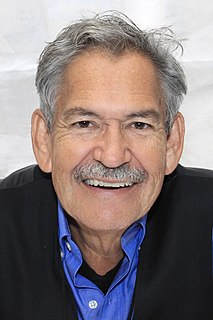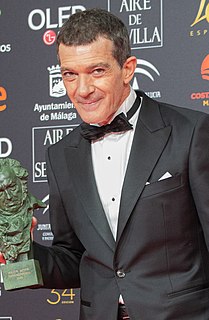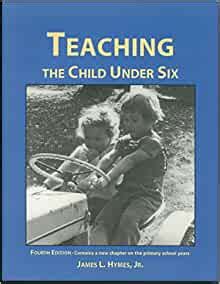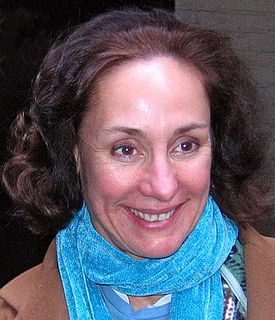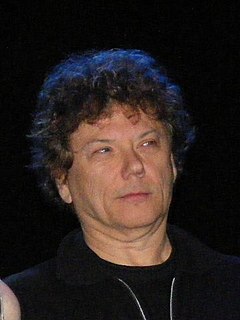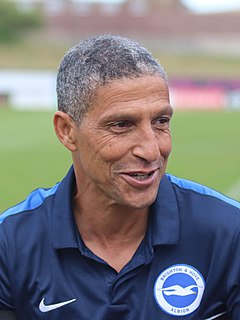A Quote by Benjamin Alire Saenz
It's a complex thing when you're writing a novel, because so much of it is conscious and planned and deliberate, and so much of it is not, and it has to be a dance between the conscious and the unconscious. I bring my best instincts to my work. For instance - and I come by this naturally, or I think I do - I am a very good judge of character.
Related Quotes
The best indicator of your level of consciousness is how you deal with life's challenges when they come. Through those challenges, an already unconscious person tends to become more deeply unconscious, and a conscious person more intensely conscious. You can use a challenge to awaken you, or you can allow it to pull you into even deeper sleep. The dream of ordinary unconsciousness then turns into a nightmare.
We have no proper understanding of the relationship between conscious thought and conscious sensation. The various forms of thought and sensation are underpinned by very different neural mechanisms; so how can the neural correlate of their conscious natures be the same? I don't think we are yet in a position to make such speculations. To make progress, we have to have a good conception of the phenomenology of consciousness, among other things.
I do not consciously reclaim. I am not those "some readers" and so I think it would be impossible for me to see my work that way, as reclaiming a preserve. I write in a way that is aimed at all levels - conscious and unconscious - at pleasing the kind of reader I am. Some of the authors I read are male, some are female, and some are even in between. And speaking of in between, maybe now is as good a moment as any to point out that there might be no "feminine" or "masculine" literary sensibility, or sensibility generally.
I don't pay much attention to how the plays relate thematically to each other. I think that's very dangerous to do, because in the theater one is self-conscious enough without planning ahead or wondering about the thematic relation from one play to the next. One hopes that one is developing, and writing interestingly, and that's where it should end, I think.
